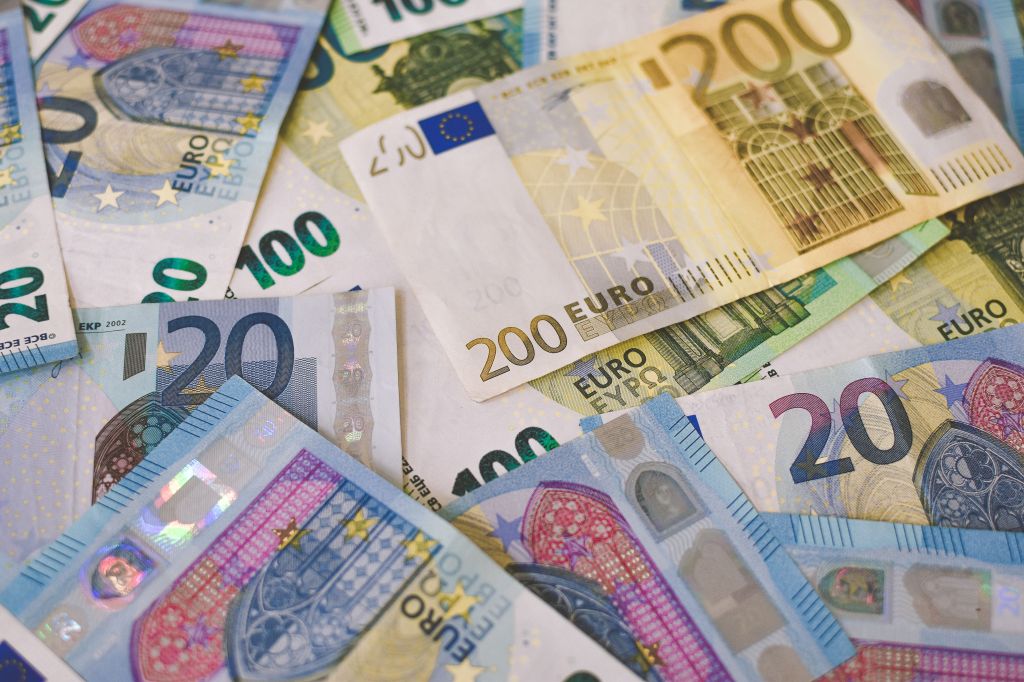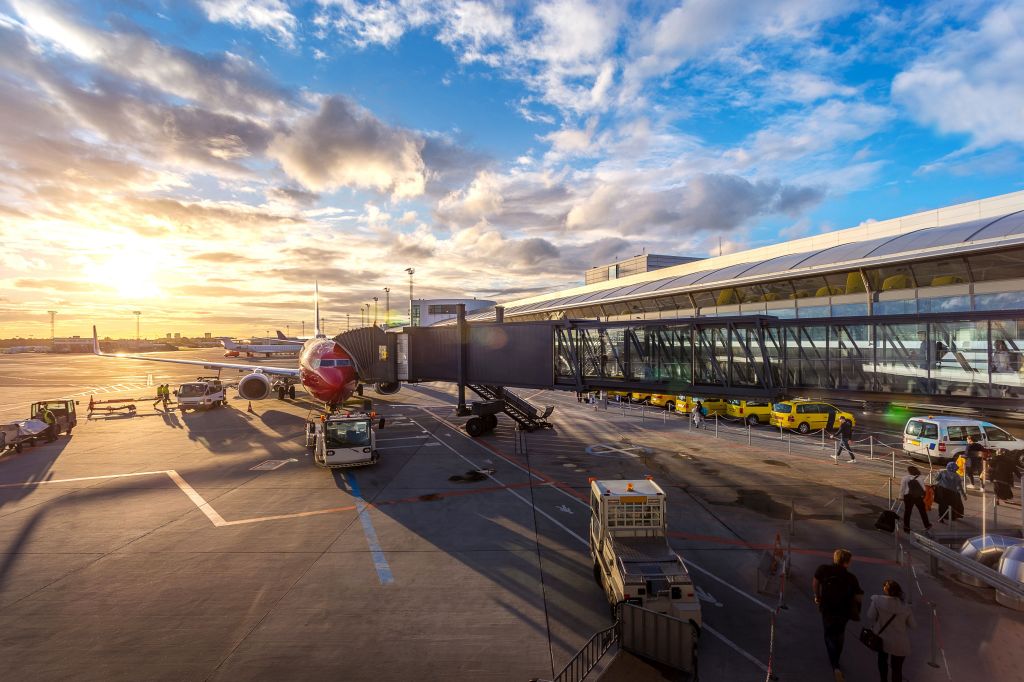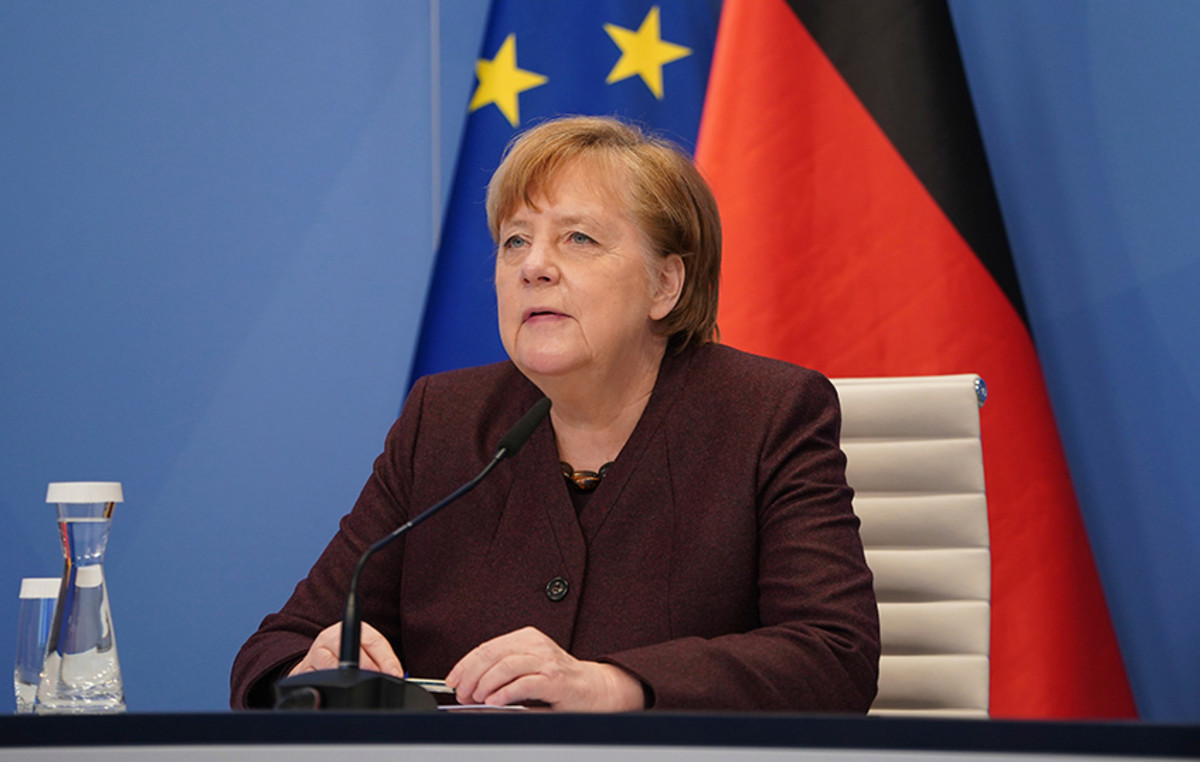Among so many items when planning a travel one of the main concerns of tourists is how much, in local currency, they should spend per day.
It is true that each traveler has a profile and the final cost will depend on the style of travel – and of course, if you have already paid for certain tours, tickets and accommodation in advance. However, there is a common question among all: What is the best way to carry money when traveling?
For many years, the idea of having the physical currency, already exchanged in one’s pocket, was the predominant one. Despite the classic risks of loss or theft, people felt more comfortable when they arrived at the destination with the amount they should spend, in addition to taxes being much lower than if they chose to use a credit card.
In recent years, however, this option has gained a new focus: some countries are no longer accepting physical money as a form of payment .
Sweden, Finland, China, South Korea, England, Australia and the Netherlands lead the list of societies moving towards being “cashless”. It is not uncommon for you to walk through countless cities in these countries and come across “We do not accept cash”.
Many experts believe that soon some countries will eliminate up to 100% paper money and all transactions will be digital – Sweden is a great candidate to become the first.
According to a study by the European Payments Council, cash transactions accounted for just 1% of the country’s GDP in 2019.
“I see this advance as inevitable due to a series of factors, such as safety and practicality. It is important to emphasize, however, that everything depends on the sociodemographic structure and level of confidence of the country’s population for digitization to occur predominantly. How much people trust each other and also the country’s institutions is a very relevant point”, he emphasizes. Arthur Igreja, specialist in Technology, Innovation and Trends.
According to him, Brazil, for example, has a huge number of unbanked. “Many are afraid of leaving their money in the bank and this is still a reflection of a past that has suffered from changes in economic plans”.
In addition, there is the technological issue. A recent study revealed that more than 400 cities in Brazil do not have 4G and 40 million people do not use the internet.
“In countries with less social inequalities and greater uniformity, higher incomes, the reality is totally different. Technological solutions are increasingly present and many places will reach close to 100% in terms of digital payments. We always need to be attentive and research when we are going to visit a new place”, continues Igreja.
For Samuel Ferreira , CEO of Meep a company specializing in cashless payment solutions in Brazil, the pandemic has accelerated the transition to the “cashless future”.
According to data from a Global Transformation Amid Turbulent Undercurrents survey, cash payments are down 16% while cashless transactions are up 6% from 2020 to 2021.
For Ferreira, “the use outside Brazil is a start in the new technologies that have been developed for the payments market, but it is still just the tip of everything that still has to offer, such as Artificial Intelligence, open finance, blockchain, IOT and many more.”

International debit cards are a worldwide trend
So, what’s the best solution to take my money on a trip?
The experts consulted by CNN Travel & Gastronomy are unanimous in saying that the international debit cards are, without a doubt, the best option found today.
Some global fintechs have recently started to offer Brazilians the possibility to open accounts abroad while living in Brazil. In these accounts, which are opened in very simple ways, the user can buy currencies from different countries – depending on the company – with much more attractive rates than traditional banks or exchange houses.
“Are you going to travel today? My opinion is that you need to make an international debit card, in addition to security, you will save money. There are many fintechs and new digital banks that offer the service and they all have an international account policy. You can buy the currency and leave it in the account. The IOF (Financial Transaction Tax) is 1.1%, while credit card transactions are 6.38%. The spread (service charge) also exists on these “new” cards, but they are around 2%, while other banks or exchange houses can reach up to 6%. It is certainly the most attractive option today. Daniel Cavagnari, Economist and coordinator of financial management courses in the Digital Era at Uninter.
In summary, today, if you use your credit card abroad, you will spend 6.38% IOF on each transaction you make, in addition to having to pay high bank fees, which can reach up to 10% more. than I would spend.
In the new option, you will pay a lower tax on every currency purchase you make and the service fee is much lower, which will save you money.
Also according to the professor, the advantages of using a credit card are minimal. “The sum of points and the possibility of paying later are the only ones, in my opinion”, he says.
He points out that, although nowadays many places do not accept physical money, it is important that the traveler takes a security amount in cash. “You will also lose a little, but less than with a credit card”, he points out.
Many new banks and fintechs do not charge an opening fee for new international accounts. This option is already a fever and classified as a trend that is here to stay – market players are increasingly competitive.

How do international debit cards work?
There are numerous options for those looking for this type of service today in Brazil. Some of the best-known fintechs on the market are: Brazilian Nomad, C6 Bank and BS2GO, the American Avenue and the English Wise. In all, the process is very similar for opening an account.
Documents such as proof of residency in Brazil, CPF and also the prerequisite that the user already has an account opened in another bank are required, since most only receive transactions for conversions made by the same holder.
Of all the ones mentioned, the only one that charges a fee for opening is C6 Bank – except for already customers. It costs $30 to sign up, plus a minimum initial transfer of $100 – BS2GO also has a minimum deposit amount to open, but more affordable: $10.
All the companies mentioned offer both digital and physical cards and it is possible to make withdrawals in different countries. In addition to travel benefits, having an account in another currency also allows you to save on purchases on foreign websites, for example.
Of the companies mentioned, Wise and C6 Bank are multi-currency, which means that the user can buy either euro or dollar (among other currencies) and leave it in the account. This does not mean that in other countries that do not accept these currencies, the customer will not be able to make payments with the other companies, but they will have to pay the conversion and other fees for each transaction they make.
It is worth mentioning that all offer the return exchange and customers can bring the amounts back to a bank account in Brazil for the fee, of course.

Brazil will gain a new option by the end of the year
Founded in 2015 in London, fintech Revolut is the big promise of the year in Brazil. It is one of the most complete platforms in Europe. It was born with the idea of being a digital banking alternative that was better than traditional banks and, today, it is in 35 countries, offering services such as debit and credit cards, multi-currency accounts, insurance, crypto-assets, in addition to an investment platform and payments by “peer to peer”in various currencies, as an “international PIX”.
The company is already in pre-operation in the country and will enter the market competitively – there are already thousands of pre-registered users with a position in the market. “waiting list”.
The differential of fintech in relation to others are the services it offers. It will also not only be aimed at people who want to buy the currency to travel or to make purchases on international sites: it will also serve as a bank for those who receive in another currency.
“Having lived outside Brazil for a long time, I was always aware of the pain in relation to payments even within Europe. All you had to do was travel to Switzerland or England, for example, and you already had to organize the transactions, which were expensive and took a long time,” he says. Glauber Mota, CEO of Revolut in Brazil.
He got to know Revolut when he worked at a traditional bank and became a customer for the benefits and facilities it offered, as he “found everything in one place, saving money on exchange transactions that were always faster and cheaper”.
“The idea is that we start operating later this year, preferably before the “World Cup”, if possible, but the most important thing is to deliver the complete solution to the customer in the time necessary”, he emphasizes.
He explains that Brazilians will have full support from teams based in the country and abroad. The first product they will launch will be the so-called global account. Unlike the others mentioned in the matter, transactions for this account can be made by another holder, allowing people to receive in other currencies, for example.
Possibility of booking hotels, restaurants, cashbacks, among other benefits and features are part of Revolut and should also be implemented in Brazil, in addition to the debit card. By having a greater scale gain, its rates tend to be even more competitive than those of existing companies.
Digital banking for Brazilian immigrants
In addition to tourists who visit Europe every year, more than 1.3 million Brazilians live in the territory, according to a survey carried out by the Ministry of Foreign Affairs in 2020.
Many of them are heading to Dublin, Ireland. Home, job and a bank account are the big problems for these expats. European institutions bureaucratize the account opening process, making the process slow and expensive for newcomers.
A group of Brazilians residing in Ireland, who felt all these difficulties firsthand, saw a market opportunity in the country and founded a new digital bank that will start operating in August.
Move Pay will allow the opening of bank accounts outside Brazil and will allow the expatriate to make any type of movement – including receiving salaries.
“We want to be the solution for immigrants. We no longer want them to encounter barriers. Exchange students need to prove when they arrive that they have at least 3,000 euros in immigration to be able to enter. Many of them do not have a digital account that offers this service and come with the amount of money, which is very dangerous. We are the first company with this authorization in Europe. They will arrive in the country with everything in order”, emphasizes Lucca Tortato, CEO of Move Pay .
“We are becoming a global bank. We can now operate throughout Europe. We also want to operate in Brazil and Latin America and a third step in the United States. More than a bank, we want to be an immigrant’s partner on the journey outside their country”, he adds.
Source: CNN Brasil







